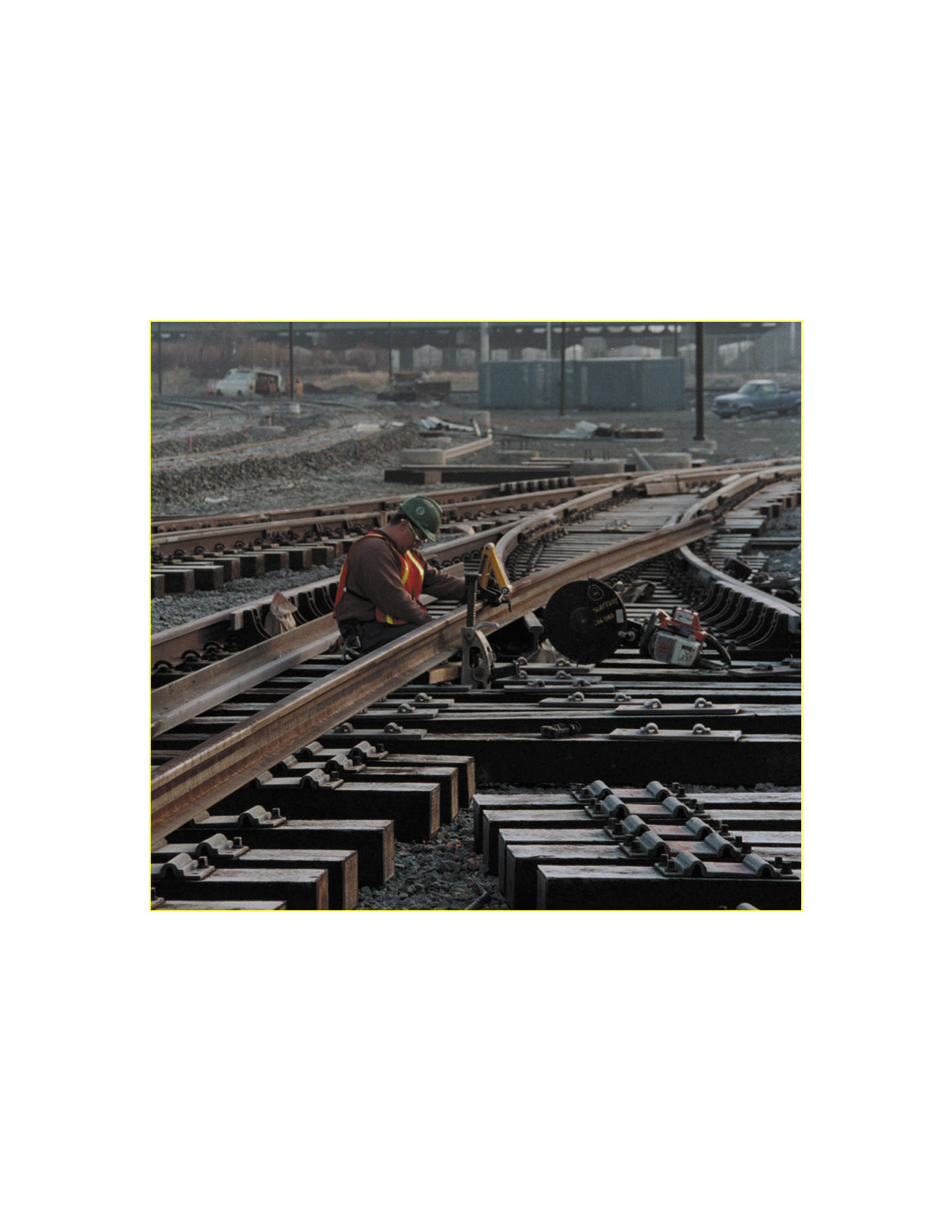
Keeping on “Track” with Early Dispute Resolution for Mega-Projects
A recent article in The VIRGINIA LAWYER MAGAZINE (April 2021), is entitled "Going Off The Rails with the Purple Line: Lessons in Project Delivery and Risk Management". The authors Jeff Gilmore, John Neary and Daniel Miktus, give a concise summary of what went wrong on this major P3 light rail transit project in Maryland. They describe a number of delays on the Project that were ultimately the primary drivers to the termination of the P3 design-build contract. Compounding these delays however are what the authors call "Inefficient Dispute Resolution", including: 1) too few conditions precedent to file a claim; 2) use of a dispute review board was made optional, not mandatory, and; 3) the time frame for the contracting officer and the State to review claims was very lengthy, with 6 [...]
Streamlining the Federal Environmental Review Process – Building on The Lessons Learned from FAST-41
In order to begin in earnest, the much needed renewal of America’s water, transportation and energy infrastructure, the Federal Government needs to double down further on its efforts to streamline its Environmental Permitting Process. Title 41 of the Fixing America’s Surface Transportation Act (Act), 42 U.S.C. § 4370m et seq., now commonly known as the FAST-41 program, initiated a set of tools to facilitate the successful processing and approval of the nation’s most important infrastructure projects (see “Streamlining the Federal Environmental Review Process – The Pros and Cons of FAST-41”, by Nathan Eady, Christopher Kane, Christian Marsh, and Patrick Veasy, NR&E, V035N01, Summer 2020). The framework established is solid for such things as a “Federal Permitting Council”, a “Permitting Dashboard”, an “Accountability Dashboard” and having “One Federal Decision”. However much more work needs [...]
Lessons Learned in Mediation – The Mediation Session
Mediation ranks high among the alternative dispute resolution mechanisms used for conflicts on infrastructure mega-projects. I wrote earlier about the important activities during pre-mediation phase: Lessons Learned in Mediation – Preparation in the Age of Zoom. Developing and implementing best practices at the mediation session will increase the likelihood of getting to a resolution. Here are a few of the lessons learned in my 25 years of experience as a mediator that can make the mediation itself more production. As obvious as these seem, my experience has been unless the mediator focuses on these practices at the outset, these lessons may be overlooked. 1. AVOID "OPINIONS" AT THE START OF THE MEDIATION. The mediator in his or her opening statement, should be reluctant to give any opinions on anything at [...]
Use of Consensus Building For Infrastructure Project Development
The principles of mediation could play a much greater role in the decision-making for planning and implementing investments in improving our cities’ infrastructure. Capital projects involving urban redevelopment, transportation, water and energy require a great deal of political will, substantial upfront investment and a very lengthy process for implementation. Typically, the public involvement is merely a box to be checked in the environmental review process and not a serious effort to seek and build consensus. Project opponents often do not get seriously engaged at the outset and can create greater trouble later on, when a simple majority of the governing entity wants to move forward. The delays in these projects can not only delay the benefits to communities, but also add tremendously to the cost. Cost and delay issues [...]




